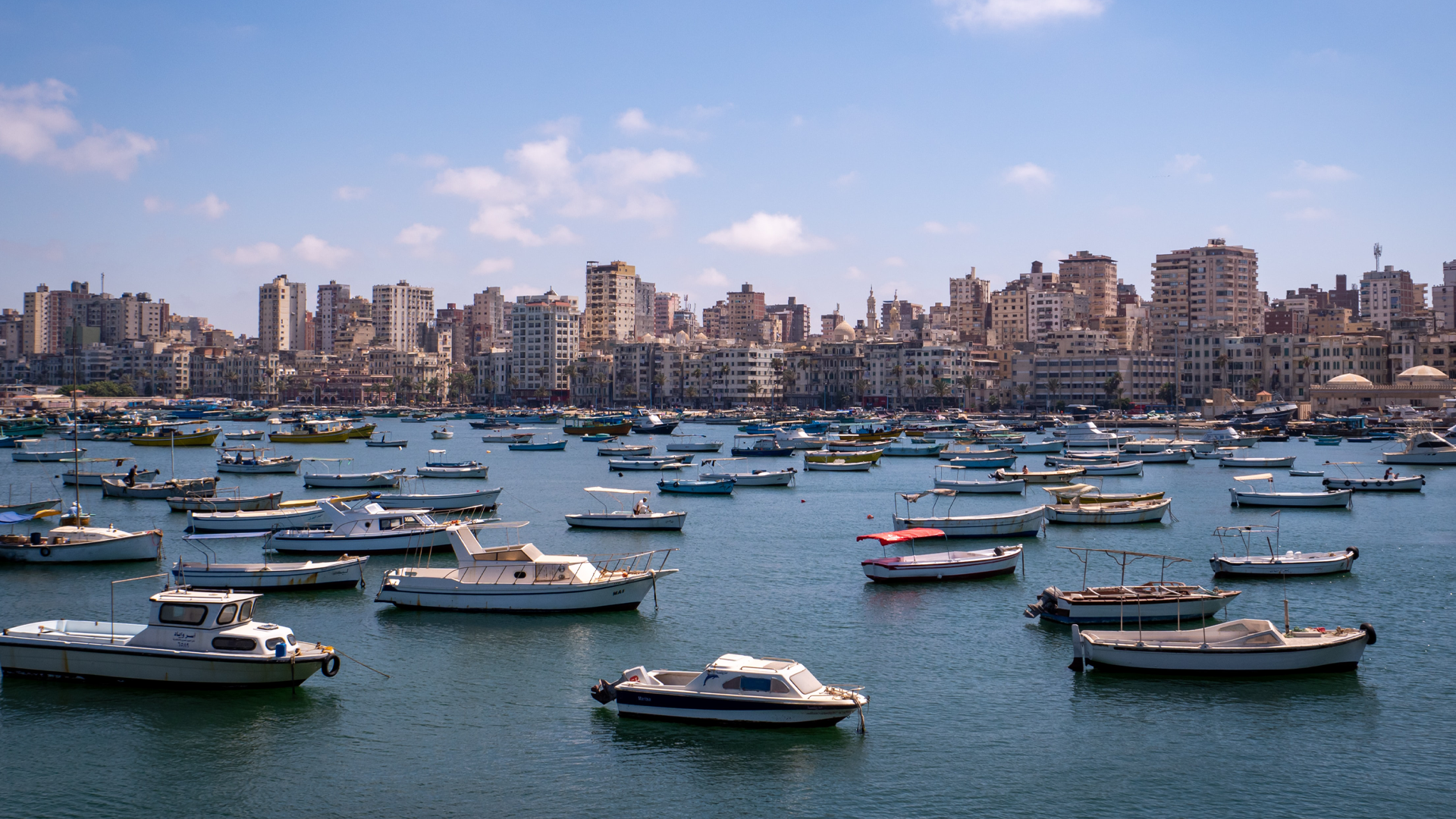Egypt is facing a significant plastic pollution problem. However, a new generation is taking action. Gen Z are becoming increasingly vocal and active in their efforts to combat plastic pollution.
In recent years, plastic pollution has become a growing concern in Egypt.
The country is one of the largest producers of plastic waste in the world, with an estimated 3.2 million tons generated annually. This waste often ends up in the Nile River, the Mediterranean Sea, and on the streets.
Single-use plastic bags in Egypt are a major sources of plastic pollution. These bags are inexpensive and widely available, leading many Egyptians to use them for everyday tasks such as disposing of waste and carrying items.
However, these bags often end up as litter in streets and public spaces, where they take years to degrade and harm wildlife and marine life.
Lack of proper waste management infrastructure has led to an increase in plastic pollution. Many Egyptians do not have access to adequate waste collection and disposal services, leading to a build-up of trash in urban and rural areas.
This not only endangers the environment, but also poses a significant public health risk by attracting pests and spreading diseases mostly to children.
Egypt’s plastic problem also effects its economy, as it is heavily dependent on tourism. Plastic pollution has a negative impact on the image and reputation of Egypt’s popular sights.
Additionally, plastic pollution has continuously endangered the fishing and agriculture industries, which are important sources of income for many Egyptians.
What are Gen Z doing in response?
A youth led organization, TileGreen, is dedicated to tackling the issue of plastic pollution.
Founded in 2021 with the goal of reducing the amount of plastic waste in Egypt and promoting sustainable practices, TileGreen recycles all manner of plastics into compact bricks used as outdoor pavers for walkways and garages.
One of its most innovative approaches is the ‘Plastic-to-Fuel’ initiative, which involves collecting plastic waste and converting it into fuel. This provides energy for transportation and other purposes.
TileGreen also works with other organizations and government agencies to promote sustainable practices and policies. It has been successful in promoting the use of biodegradable bags and encouraging businesses to adopt recycling programs.
Similarly, another organization taking charge is the Plastic Pollution Coalition Egypt (PPC Egypt).
Founded in 2017, the group is made up of young Egyptians who are committed to raising awareness about the dangers of plastic waste and promoting sustainable alternatives. PPC Egypt works to educate the public and policymakers about the impacts of plastic pollution and the benefits of reducing and recycling plastic.




















